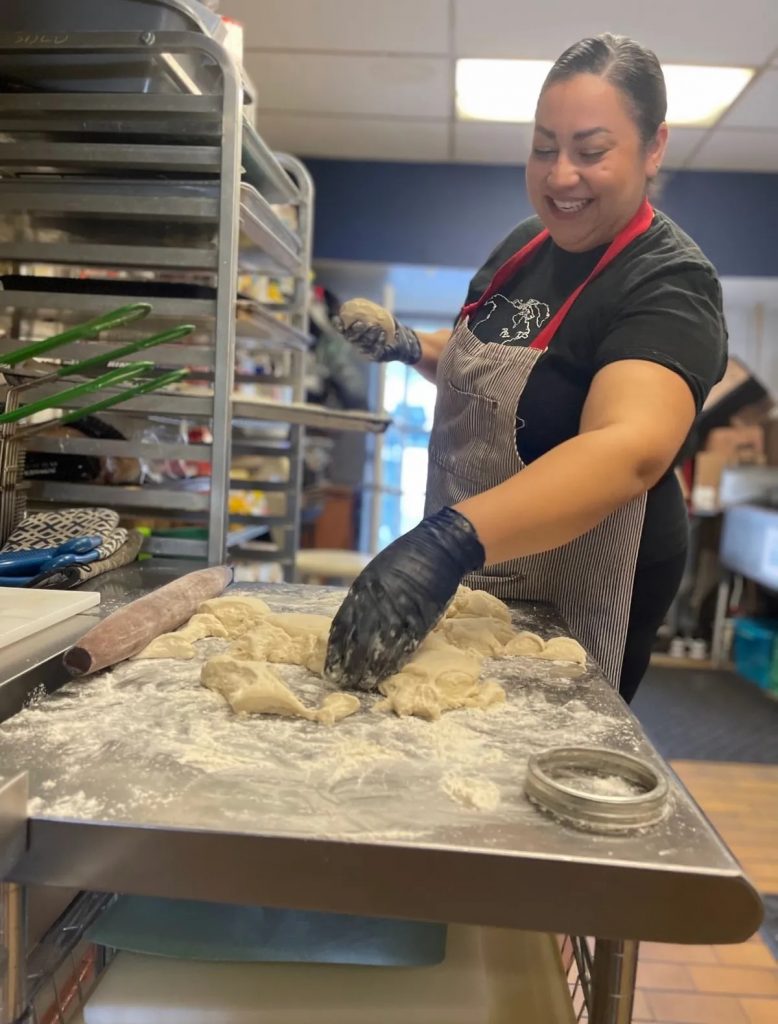Through her cooking, the Mohawk chef hopes to share the flavours and traditions of her childhood with all Canadians.

SUPPLIED
Growing up on the Six Nations of the Grand River Territory, food was so much more than just what chef Tawyna Brant’s family put on the dinner table – it was a way of life. “We’re agrarian people,” says Brant, who is Kanyen’kehá:ka, or Mohawk. “Haudenosaunee communities eat according to seasonal cycles,” she adds, which is how her family lived. Brant and her three sisters were raised in a timber wood house without running water and limited solar energy. In the spring, they would tap trees for syrup and plant corn in their big backyard garden. During summer months, they ate strawberries and tomatoes straight off the vine. Brant still eats seasonally – in fact, it’s how she plans what to serve each week at her restaurant, Yawékon Foods, which is located in Ohswé:ken, a rural community within the Six Nations of the Grand River.
On a typical winter menu at Yawékon, you’ll find hearty dishes like bison shepherd’s pie or elk chili in a bread bowl. In the summertime, fresh fruit is offered up in the form of blueberry sweetgrass pulled pork and peach shortcake. The menu celebrates the flavours of her Haudenosaunee childhood and Brant sources ingredients (like corn, beans and squash) directly from the garden her mother maintains as a Mohawk seed keeper. “These seeds have been with us since time immemorial. In our creation story, Sky Woman brought them with her,” she explains. That’s why Brant fights for Indigenous food sovereignty. Her family garden is small, she says, and Haudenosaunee people need allies to help grow seeds. “I want to teach people that going back to traditional foods is a lot easier than they think.”
Brant’s love for the food industry developed early – her father, a hunter and fisherman, got her a job waiting tables at a local café in Ohswé:ken when she was just 12. Brant’s favourite part of the gig was talking to the cooks, and she often volunteered to peel potatoes so she could pepper them with questions about ingredients. By high school, she’d moved to the head of the line as a cook herself, and after two years of studying culinary management at Fleming College, Brant left to become a freelance franchise support chef. Over the next 10 years, she helped open restaurants across Southern Ontario, in Western New York and on Manitoulin Island. Her freelance career was thriving, but everything changed when Brant had her own children. She realized that she wanted her kids to have the same kind of upbringing she had back in Ohswé:ken. So she enrolled in the Aboriginal Small Business Management program at Mohawk College and in 2014, founded Yawékon, which means “it tastes good” in Mohawk.
Brant credits her mother with teaching her that the footprint she leaves is important. “The Earth doesn’t belong to us; we borrow it from our grandchildren. You want to leave things better than they were when you got there,” she says.
:format(jpeg)/cloudfront-us-east-1.images.arcpublishing.com/tgam/3H5OLBJIUZBCNC37BZVGNLPT2Q.jpg)
That’s why she’s so passionate about sharing her knowledge. Going back to traditional Indigenous diets can save us, she says, pointing out that many chronic diseases are linked with poor diet. “Peaches and cream corn came from our Haudenosaunee Sweet Buck corn, which is black,” she adds. “How many nutrients were lost in that modification process? Foods with dark colours often have antioxidants and are very vitamin-rich.”
Brant also believes it’s possible for folks with food allergies to enjoy just as much as those without any. Growing up with one sister who was a vegetarian and another who wouldn’t eat meat with fat on it made her enthusiastic about serving meals that everyone can enjoy. “Through Indigenous cuisine, it’s really easy,” she says, “because there is no gluten, there is no dairy and there are no processed sugars.”
In the future, Brant hopes to create a line of affordable packaged food that can reach isolated communities in northern Canada, where a case of water can cost close to $50. “I want Yawékon Foods to be like the ‘No Name’ of Indigenous foods,” Brant says. She imagines a collective of growers who have excess food to share from their own crops. “It’s heartbreaking to see so many people without access to food when there are gardeners who don’t know what to do with an entire harvest.”
For now, Tawnya is bringing her message to the small screen as she competes on season 10 of Top Chef Canada on Food Network Canada. Indigenous food is too important to not be included in the national conversation, she says. “Let’s see Canadian foods and real Canadians cooking it.”
But her main mission with the show is to empower Indigenous youth. “I want kids to see somebody like them on TV. I know what it’s like to haul well water, and what it’s like to wake up freezing and get the wood stove started,” she says. “I want them to know that they can grow up and be successful; to see a girl that looks like me doing it and know they can do it, too.”
Fall in love with the Great Taste of Ontario again and again. Download curated passports to our province’s most delicious destinations.




